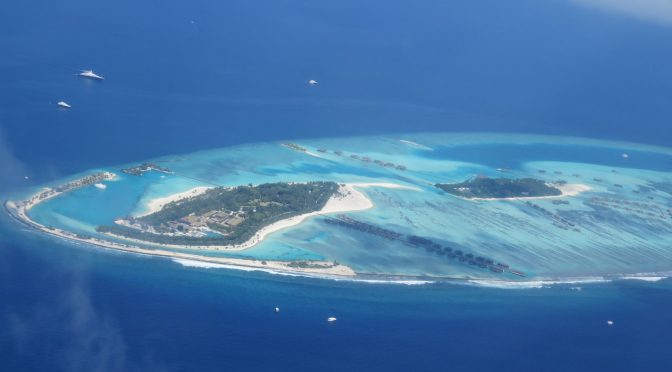Please join us for our Fall 2017 workshop:
Structural Coercion in Medical Research
Ryan Felder, The Graduate Center, CUNY
Self-Determination After the Deluge
Alex Steers-McCrum, The Graduate Center, CUNY
Monday, October 23, 6:30-8:00pm
Location: The Graduate Center, CUNY, Room 5396
Please see the abstracts for the talks below:
Structural Coercion in Medical Research
There is an orthodoxy in bioethics and moral theory (Faden & Beauchamp, Nozick, Wertheimer, Murphy, Hawkins & Emanuel) according to which coercion is a distinctive kind of wrong that occurs when an external authority imposes a choice situation on an individual by exercising some kind of power over them. The truth of this hypothesis has much consequence for the theory of informed consent, since it affects the degree to which we condemn different kinds of violation of informed consent. For example, on the orthodox view, violations of informed consent can be typed into two different kinds: the coercive violations, and (what we will call) the structural violations, where a lack of understanding in the patient undercuts the authenticity of their decision. Since the coercive violations are different in kind from the structural violations, and the coercive violations are viewed as distinct in their badness, it makes sense to say that the structural violations are less serious than the coercive violations. I put pressure on this view by showing that there is actually some degree of continuity between the structural violations and the coercive violations: that the structural violations have something of the coercive in them. To explain how this could be, I explain the concept of structural coercion in medicine. First, I examine Fisher’s attempt to characterize structural coercion in terms of the diffuse social conditions which influence people to participate in research; her analysis, though helpful in a number of ways, ultimately includes too broad a class of cases as having the element of coercion in them. Second, then, I discuss what I take to be a paradigm case of structural coercion: cases of the therapeutic misconception (Appelbaum et al.), where putative participants display a predictable and recalcitrant inability to understand the experimental designs and consequences and risks of participation. What is distinctly coercive in these cases is that the power which influences the patient’s decision to participate is not only social but is actually internal to the researcher/participant relationship. I view the therapeutic misconception as a factor of the patient’s implicit authority judgments about the medical professionals they work with, and their belief that the person in the lab coat is working for their good. Thus I view the therapeutic misconception as a social-structural phenomenon, where it counts as coercive if we understand coercion as a kind of socially-mediated influence. If I am right about this, I have provided a case for the concept of coercive violations of informed consent to be understood as continuous with cases of structural violations of informed consent. It turns out that structural features of our choice situations can have something of the coercive in them.
Self-Determination After the Deluge
In the near future, the world is likely to be confronted by refugees of a new sort: those whose states are literally flooded into nonexistence by sea levels rising due to global climate change. When island states lose their territory, an entire people has lost its right to have rights. I call these climate refugee peoples. A standard refugee has lost the right to have rights and makes a claim to join or re-join a political community, sometimes permanently, sometimes until it is safe to return to their homeland. The individualistic solutions standard in current debates about what is owed refugees fall far short of recompensing what has been lost by climate refugees. As safe return is impossible, the usual solution structure suggests that climate refugee peoples will have to be dispersed, resettled, and assimilated into other societies. This—if undesired—is to do a second violence to these refugees, for they will not be individuals fleeing states that have betrayed them, but peoples whose states have been washed away. The very process of admitting individuals dissolves the people.
Michael Walzer has argued that states are not necessarily bound to admit (standard) refugees if they are concerned that doing so presents a danger to their cultural integrity, while Christopher Wellman has argued that states’ rights to free association allow them to decide unilaterally, “who’s in and who’s out.” Neither theorist, however, believes these rights allow states to avoid discharging their significant duties owed to refugees and Walzer presents a novel solution: states desperate not to accept refugees may cede territory to those in need of it. I will argue that this solution may also serve refugees from climate change-related disaster, not because potential receiving states have the right to keep them out to preserve cultural integrity or associational rights, but because the peoples suffering territorial loss retain just those rights.
Finally, I examine five possible non-individualistic solutions to the problem of climate refugee peoples, and argue that none deal completely with the problem, while all are highly burdensome. I argue that the best way to discharge obligations to climate refugee peoples is for wealthy, powerful states to proactively build the resilience capacity of at-risk states, particularly low-lying island nations.



